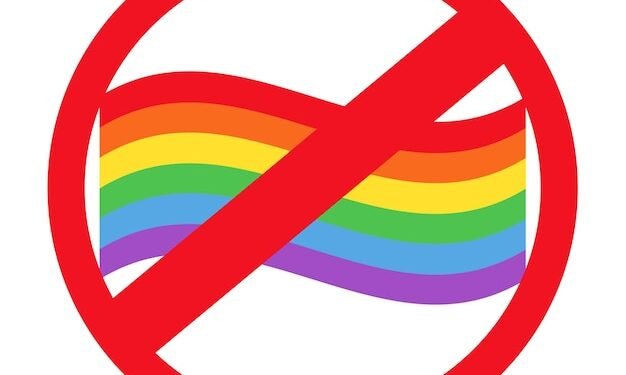Georgian lawmakers have passed the final reading of a controversial law on “family values and the protection of minors,” introducing sweeping restrictions on LGBTQ rights.
The bill, approved on Tuesday, provides legal grounds for banning Pride events, public displays of the LGBTQ rainbow flag, and enforcing censorship on films and books.
It also prohibits gender transitions, adoption by gay and transgender people, and voids same-sex marriages recognized abroad within Georgian borders.
In a session boycotted by opposition members, the ruling Georgian Dream party voted unanimously—84 to 0—to pass the bill, along with amendments affecting several related laws.
“This law is the worst thing that could happen to Georgia’s LGBT community,” said Tamara Jakeli, director of Tbilisi Pride, to Reuters. “We will probably have to shut down. Continuing our work will be impossible.”
President Salome Zourabichvili, a critic of Georgian Dream with mostly ceremonial powers, has indicated she will veto the bill. However, the ruling party holds enough seats in parliament to override her veto.
LGBTQ rights are a contentious issue in Georgia, where public sentiment heavily disapproves of same-sex relationships, and the constitution explicitly bans same-sex marriage.
Pride events in Tbilisi have been marred by violent attacks from anti-LGBTQ protesters, and tensions have heightened ahead of the October 26 election, with Georgian Dream campaigning against LGBTQ rights in its bid for a fourth term in office.
The party, led by billionaire and former Prime Minister Bidzina Ivanishvili, has moved closer to Russia as ties with Western nations have deteriorated.
Earlier this year, Georgian Dream passed a “foreign agents” law that critics from Europe and the United States condemned as authoritarian, drawing comparisons to Russian policies.
The law sparked some of the largest protests since Georgia’s independence from the Soviet Union in 1991.
While Georgian Dream remains the country’s most popular party, public support has declined since it narrowly won a majority in 2020.
The party, which once passed anti-LGBTQ discrimination protections in 2014, has since shifted to more conservative stances.
In one campaign ad, Pride director Jakeli’s face was shown on Georgian television alongside the phrase “No to moral degradation.”
The European Union has warned that the adoption of the bill could have serious consequences for Georgia’s European integration, further straining EU-Georgia relations.
“The EU recalls that Georgia’s accession process is de facto halted and urges the authorities to recommit to the EU integration path,” the EU said in a statement.
Leaders of Georgian Dream defend the law as essential to preserving the country’s “traditional moral standards,” deeply rooted in its conservative Orthodox Christian values, which play a major role in Georgian society.




